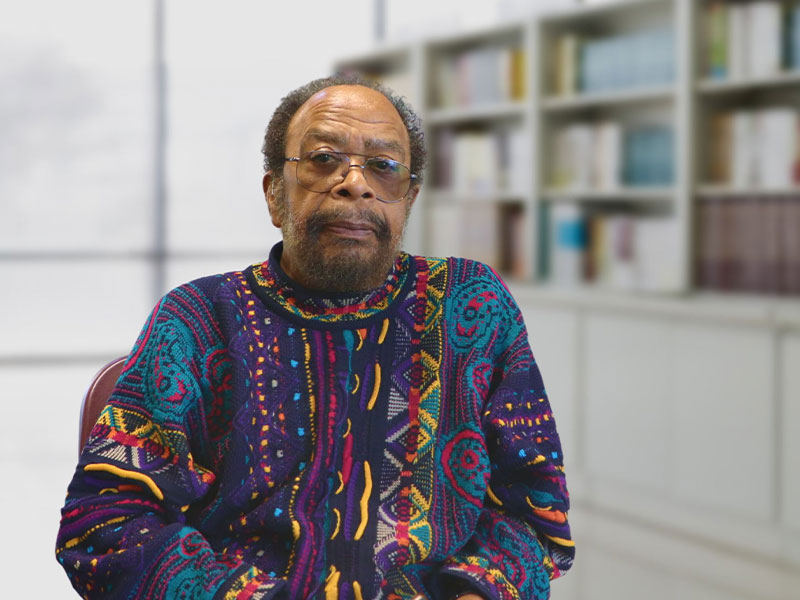CCAC Professor and Author Recollects Life in Pittsburgh's Hill District Through His Latest Book

Dr. Ralph Proctor is a local author and CCAC professor of Ethnic and Diversity Studies.
Pittsburgh
Dr. Ralph Proctor, local author and CCAC professor of Ethnic and Diversity Studies, recently released his latest book, "Song of the Hill," a memoir and tribute to the special place and culture known in Pittsburgh as "The Hill."
The book is a moving and intimate portrait of a community that has long been the focus of authors and playwrights. Yet, according to Proctor, the area has been widely misrepresented because stories of the Hill District have featured either famous entertainers and jazz musicians or negative depictions of a downtrodden community.
"Many writers who never lived there give an erroneous picture of the Hill. This area was not about drugs, poverty and unhappy people. It was a thriving middle-class community. This book is my personal account of what life was like for an average citizen."
"Song of the Hill" is Proctor's recollection of his experiences between 1938 and 1960 as a youngster and through adulthood. The book also touches on the forces that destroyed this remarkable community. The author tells his story through the eyes of real people from his past, depicting everyday life, family, church, food and culture during a time period of both innocence and shameful injustice.
"I grew up in this comforting, loving neighborhood surrounded by good, hardworking people. While in the sheltering arms on the Hill, we never experienced racism. But urban renewal, white flight and racism tore down a culture, destroying lives, ambitions and dreams," said Proctor.
Available through most online booksellers, including Amazon and Barnes & Noble, "Song of the Hill" is the third in a four-book series. Ralph Proctor's previous titles include "Racial Discrimination against Black Teachers and Black Professionals in the Pittsburgh Public School System: 1834–1973" and "Voices from the Firing Line," a personal account of the civil rights movement.
About Dr. Ralph Proctor
Ralph Proctor was born in the historic Hill District of Pittsburgh, Pennsylvania. This was the largest black enclave in the city and rivaled New York's Greenwich Village as an entertainment venue open to people of all backgrounds. He was an active participant in the Southern and Pittsburgh-based civil rights movement who pioneered the use of oral history, using it as the basis for his PhD dissertation, "Racial Discrimination against Black Teachers and Professionals in the Pittsburgh Public School System." A veteran of the United States Army, Proctor holds an earned PhD from the University of Pittsburgh and is a nationally known collector and lecturer in African art. He was among the first Black producers/hosts of one of several local Black-oriented television shows that first aired during the turbulent 1960s. The program was called "Black Horizons" and aired on WQED, the Pittsburgh PBS station. He has also been the producer/host of other local television and radio programs in the Pittsburgh area.
A former vice president and chief diversity officer for the Community College of Allegheny County, he is now a popular professor of Ethnic and Diversity Studies at CCAC. Proctor has also been a professor/lecturer at a number of local institutions of higher learning, including the University of Pittsburgh, Duquesne University, Carlow University, Chatham University, La Roche University and Carnegie Mellon University.
